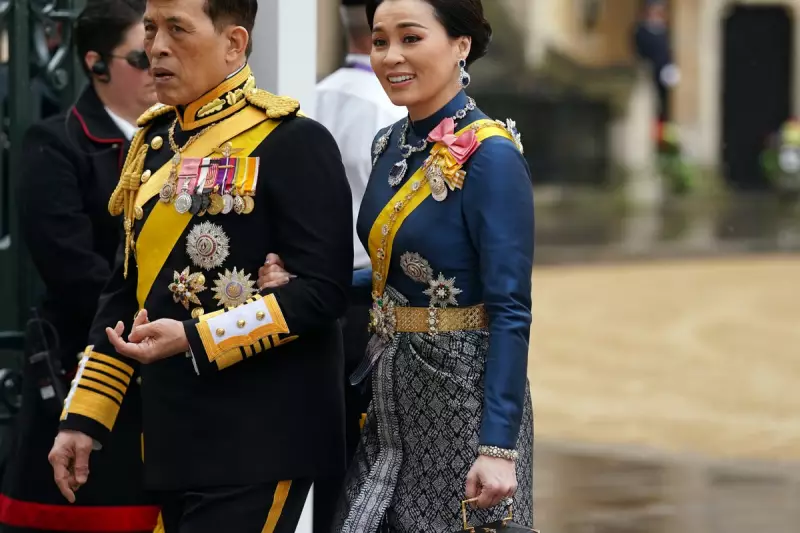
In a landmark moment for international diplomacy, Thailand's King Maha Vajiralongkorn has embarked on his first official state visit to China as a reigning monarch. The historic trip, which began on Thursday, 13 November 2025, was hosted by Chinese President Xi Jinping to commemorate the 50th anniversary of the establishment of diplomatic relations between the two nations in 1975.
King Vajiralongkorn, who was accompanied by his wife, Queen Suthida, received an invitation from President Xi, underscoring the importance both countries place on their long-standing partnership. The royal itinerary includes high-level meetings with President Xi and Premier Li Qiang, a visit to the culturally significant Lingguang Buddhist Temple, a tour of the Beijing Aerospace City, and attendance at a grand state banquet.
A Symbolic and Strategic Partnership
The government in Bangkok has stated that the monarch's visit powerfully "underlines the deep-rooted friendship and mutual understanding" shared between Thailand and China. This sentiment was echoed by Tej Bunnag, a former Thai foreign minister and ambassador to Beijing, who remarked, "Thailand and China share a special bond, we see them as siblings and they see us as family."
The economic ties binding the two countries are substantial. China stands as Thailand's largest trading partner, with bilateral trade soaring to over $80 billion last year. Chinese investments have been particularly influential, expanding into key sectors such as automobiles, infrastructure, and energy. Beyond commerce, the nations are connected by centuries of migration, with numerous prominent Thai business and political families having ancestral roots in China.
A Long-Awaited Royal Engagement
This visit holds profound symbolic weight. Since ascending the throne in 2016, King Vajiralongkorn has undertaken only one other foreign trip—a visit to Bhutan earlier this year. The Chinese foreign ministry highlighted the significance, with spokesperson Mao Ning noting last week that "China is the first major country which His Majesty King Maha Vajiralongkorn officially visits."
Analysts point out that China had long sought a royal visit from Thailand. The late King Bhumibol Adulyadej, the current monarch's father, never travelled to Beijing during his seven-decade reign. "Look at all the countries China has diplomatic relations with, the heads of states of most of those countries have been to China, with Thailand an exception," said Sitthiphon Kruarattikan, an international relations scholar at Thammasat University. "To have a reigning Thai monarch visiting, this is what the Chinese wanted."
While this is the first visit by a reigning Thai king, the royal family has long nurtured relations with Beijing. King Vajiralongkorn's sister, Princess Sirindhorn, has been a key figure, having studied Chinese language and art for more than 45 years and making frequent trips to the country.
Broader Implications and Regional Dynamics
The royal visit occurs against a complex backdrop, coming just weeks after the death of the king's mother. It also highlights China's growing assertiveness in its relationship with Thailand. Beijing has recently pushed Bangkok to crack down on cross-border scams, opposed the legalisation of gambling, and successfully pressured the Thai government to deport 40 detained Uyghurs earlier this year.
This state visit, therefore, is more than a ceremonial occasion; it is a strategic reaffirmation of a pivotal relationship in Southeast Asia, blending deep historical connections with contemporary economic and geopolitical realities.





